The Botanical Encounters talk series proposes to critically engage with plants and green spaces from a socio-historical and cultural perspective rather than a purely scientific one. It proposes to explore how botanical knowledge has evolved and expanded over time and how it has been influenced by history, global exchanges and the displacement of plants extracted from their original contexts. It explores critically how power hierarchies have been mapped into our perceptions of plants and how these worldviews continue to inform our attitudes towards the environment. The series focuses on ongoing or recent botanical or artistic projects being currently developed in and around Bath, as well as research engaging with global challenges, including conservation, climate change, environmental and food justice, the accessibility of green spaces for all communities, and sustainable urban living. It promotes a diversity of perspectives and inclusive, compassionate dialogues by involving speakers from various backgrounds, from researchers to practitioners. Some of the talks and discussion panels consider some new approaches promoted by leading researchers and professionals. Others seek to draw attention to groups whose knowledges about plants have been historically undervalued, including women, communities from the global south and people of colour. The series will occur at a monthly frequency from late spring 2022 either at the BRLSI, Bath or remotely via Zoom.
Saturday 19 November 2022 15.00-16.30 @ BRLSI Elwin Room
Urban Agriculture Across Latitudes! A talk by Dr Georges Félix.
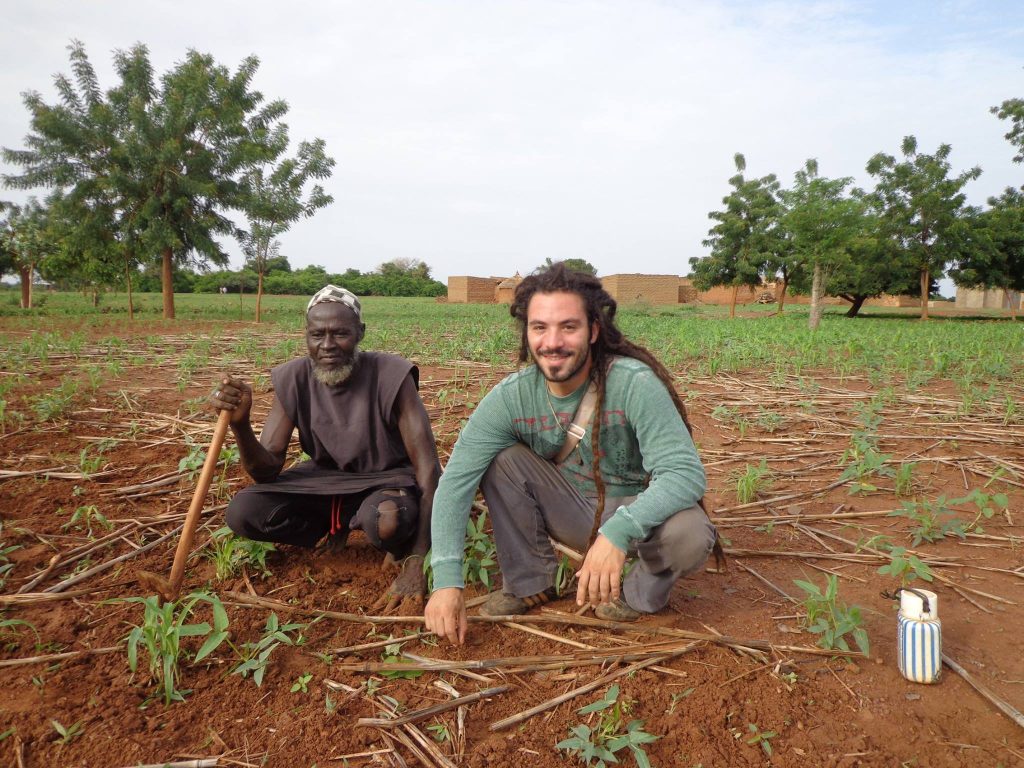
This talk will explore some “hidden” aspects of urban farming through a myriad of examples across latitudes from Porto Rico to France and from the UK to the Netherlands. The contribution of urban farmers is largely over-looked in local, regional, and global food systems. However, urban farming spaces fulfil much more than just vegetables and leafy green productions: they are spaces for community connection, biodiversity habitats, and local innovation. A participatory approach will be employed to encourage audiences to share their own urban agriculture experiences.
Dr Georges Félix is a French-Puerto Rican agroecologist, currently a co-chair of the Stabilisation Agriculture Programme at the Centre for Agroecology, Water and Resilience (CAWR) of Coventry University in England, UK. Besides his work with Cultivate!, Georges currently co-teaches the Stabilisation Agriculture module within Coventry University’s MSc Agroecology, Water and Food Sovereignty. He also gives lectures within the BA Sustainable Agriculture at the University of Puerto Rico at Utuado (UPRU) and within the joint MSc Organic Agriculture Programme between Wageningen University (The Netherlands) and ISARA-Lyon (France). In his free time, Georges enjoys cooking self-produced veggies, practicing watercolour painting, and trekking through a variety of nature trails.
To book this event:
Monday 5th December 2022 19.00-20.30 @BRLSI, Elwin Room
Plants and People: Between Uncertainty and Resilience. A talk by Lucia Harley.
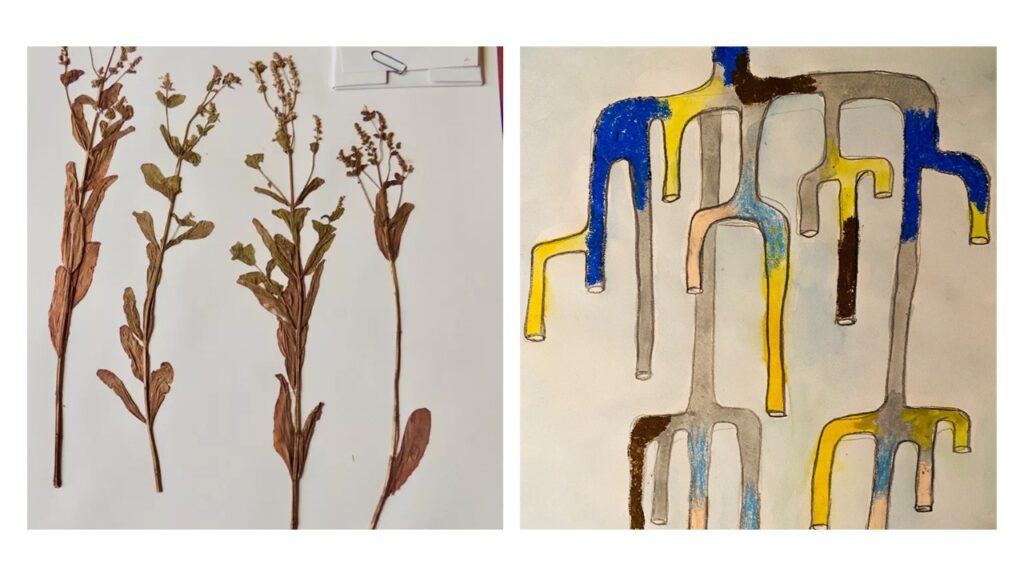
In this talk, artist and educator Lucia Harley explores plants and people from the order of taxonomy to the uncertainty of human existence and emotion. She addresses the boundaries between outer and inner worlds, relationships with each other and the environment that surrounds us. In 2019 Lucia won a bursary from Somerset Art Weeks to conduct a research project as artist researcher into the botanical work of both her father, a British botanist who specialises in the flora of Northeast Brazil, and her stepmother, a Brazilian botanist. In May 2022, she worked as an artist in residence at Mirante Xique Xique, Igatu, Brazil, where she walked a series of botanical trails published by her parents within the Chapada Diamantina, engaged with local community, collaborated and responded through art. This talk traces her journey and inquiry from the Herbarium of the Royal Botanic Gardens at Kew to Northeast Brazil and Frome in Somerset where she lives and where she recently created an interactive walk/art, ‘Weeds are Community’. This event and the related exhibition held in October 2022 at the Black Swan, Frome, highlighted plants known as weeds and celebrated the overlooked, undervalued and the determination of both plants and people.
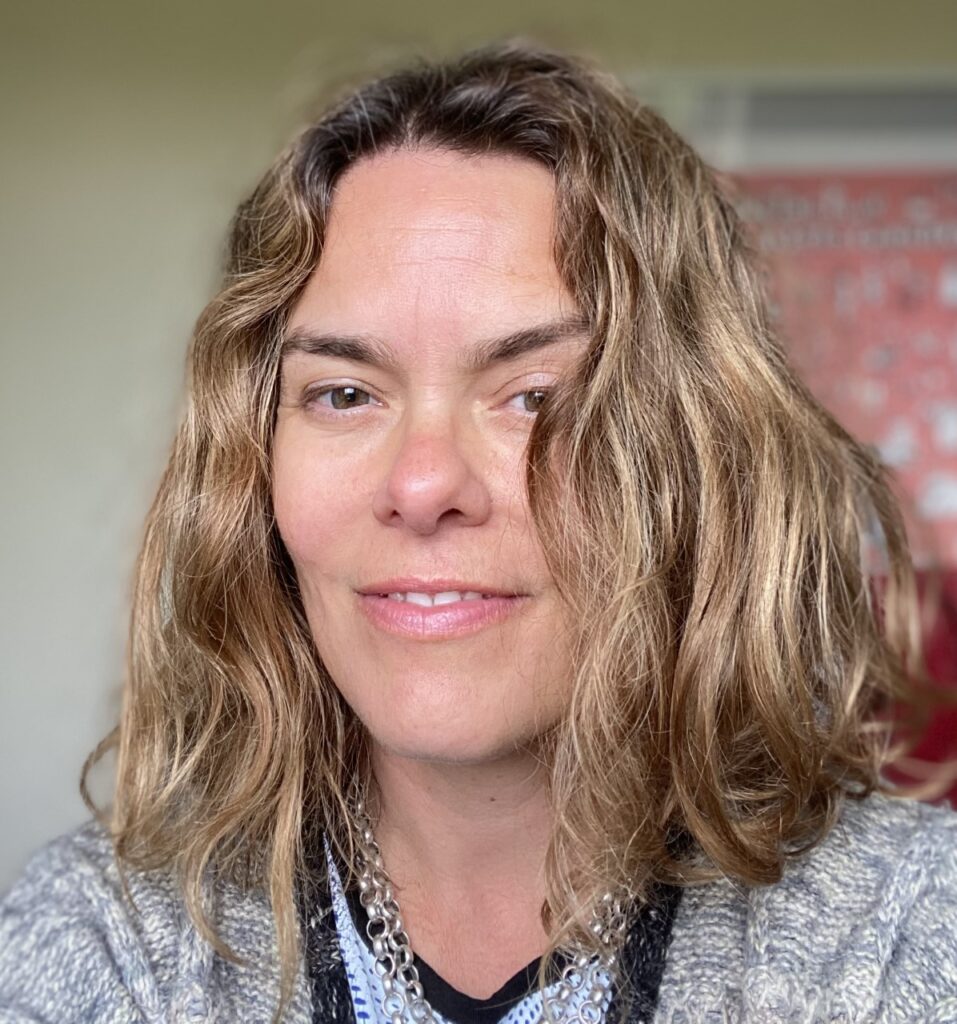
Lucia Harley is a freelance artist educator who works with objects, live actions, drawing and film. She has devised and delivered creative workshops including schools and community workshops and curated events for various organisations. Her work as an art educator includes the Holburne Museum’s Pathways to Wellbeing for which she created downloadable trails and live zoom sessions, the Parks for People project with Sydney Gardens Bath, and the ‘All weather art club’ for young people with disability at Hestercombe House Taunton. She has also worked as a creative facilitator for Alive, a charity based in Bristol, engaging activity with older people and people with dementia, including intergenerational sessions and as an education coordinator for Casting the World community heritage lottery funded project.
To book this event:
Saturday 11 February 2023 14.00-17.00 @ BRLSI, Elwin Room
Biodiversity and colonial resistance: Maroon rice varieties in Suriname and French Guiana. A talk by Nicholaas Pinas
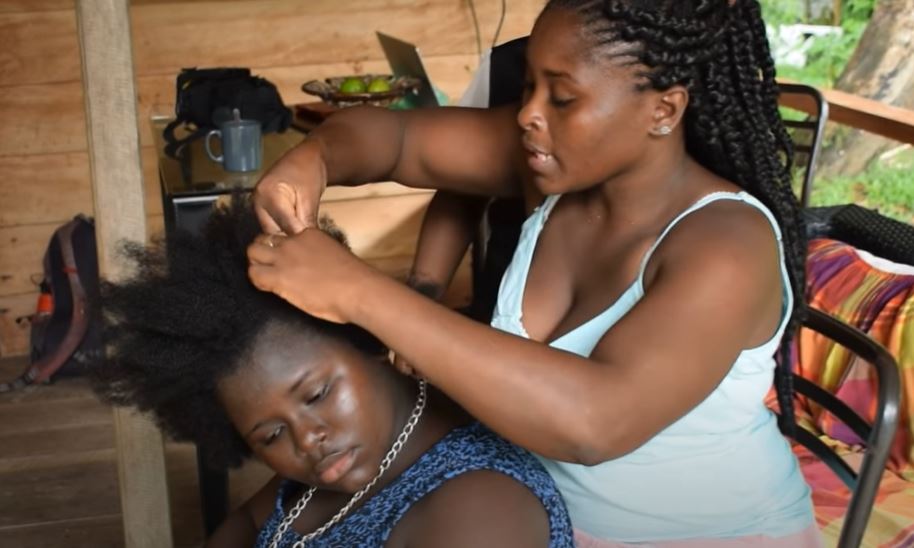
Rice is a keystone crop in all Maroon communities: it was probably one of the reasons why marronage was successful. The Dutch started growing rice as bulk food for enslaved Africans in 1687. Expeditions sent out to capture Maroons mentioned the first provision fields with rice in 1711. Nowadays, Maroons cultivate hundreds of traditional varieties. This talk will shed light on some of the links between colonial history, farming systems and spiritual significance of rice in maroon communities. It traces back the names of rice varieties to Africa, plant morphology and agronomy, and particular groups of runaways. We found that 23,2% of all rice names are associated with women, either specific historic persons or women in general. The process of naming a rice variety is complex, but it seems to be uniform among the six different maroon tribes and more than 100 villages. This means that the naming system was developed before marronage on plantations or memorized from Africa by enslaved rice growers. In maroon farming systems, women do the planting and harvesting, men open and burn the field. In their struggle for freedom, men were needed to protect the newly formed villages, leaving them no time for farming. Possibly, some of the early maroon women came from female-based rice growing communities in western Africa.
Nicholaas Pinas is a PhD candidate at Wageningen University & Research Netherlands and a descendant of Maroons in Suriname. His research interests include ethnobotany, traditional rice farming, Maroons in Suriname and French Guiana.
To book this event:
Talk 4
Wednesday 22 February 2023 19.00-20.30 @ BRLSI Elwin Room
Colonial and Botanical Heritage in Two Spa Towns: Bath in Britain and Bath in Jamaica. A talk by Dr Christina Horvath
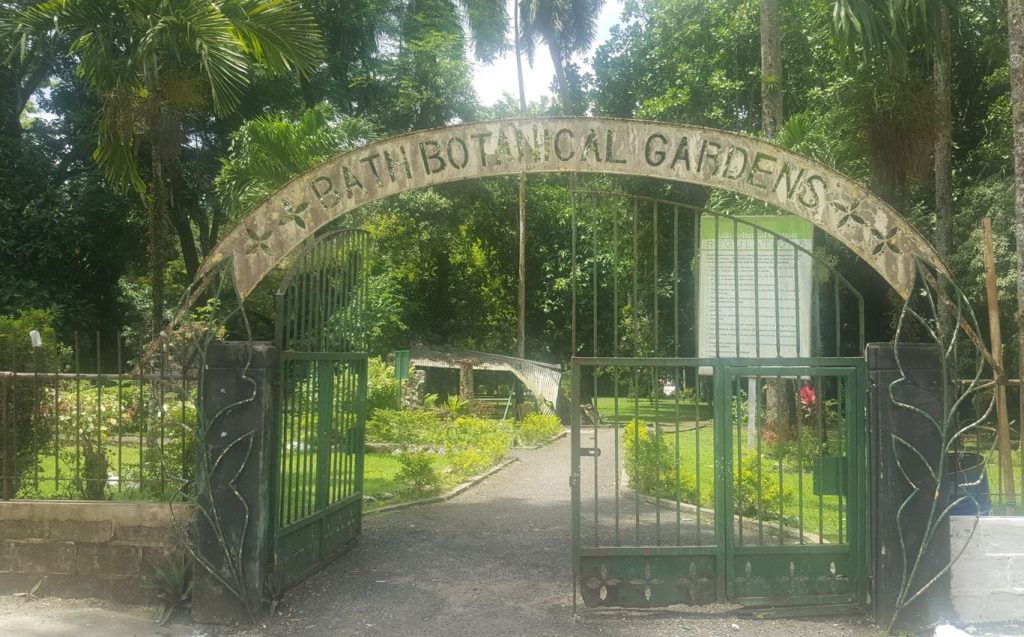
This talk seeks to decrypt the colonial connections of two spa towns of the same name, Bath in Somerset, England, and Bath in the parish of St Thomas, Jamaica and explore how their environment and green spaces have been impacted by their shared colonial history. Bath in Somerset benefited from profit drawn from enslaved labour in sugar plantations in the Caribbean to create an attractive neo-Palladian cityscape with outstanding landscape architecture whose ‘universal value’ was recognized by UNESCO in 1987. Bath in Jamaica, in contrast, witnessed colonisation and anti-colonial struggle which resulted in the creation of spa facilities and a botanical garden but also in the destruction of some of the original botanical heritage as well as some of the built heritage. The comparison of both hot springs provides opportunities for a reflection on present-day inequalities within the heritage sector. The talk will demonstrate a need for heritage narratives to be diversified and nuanced by better integrating references to the legacies of slavery and colonisation. It argues that in-depth engagement with the spa towns’ parks and botanical gardens can facilitate a critical questioning of colonial botanical heritage could help promote new, more ethical, ecological, and sustainable forms of tourism in which cultural and natural heritage are tightly bound together.
Dr Christina Horvath is a Reader in French politics at PoLIS, University of Bath. Her research interests include decolonial practices through art, Co-Creation, mapping, and participative walking. She has been leading the Botanical Encounters project in Bath since October 2021. In May-June 2022, she used funding from the British Academy to undertake research in Bath, Jamaica, documenting colonial links between Bath in Britain and Bath in Jamaica. Results of this research will be published in a book she is co-editing with Dr Richard S. White on Breaking the Dead Silence: Engaging with Legacies Of Transatlantic Slavery In Bath And Bristol.
To book this event:
Wednesday 8th March 2023 19.00-20.30 @ BRLSI, Elwin Room
On the Resilience of the Dead Silence and the Crisis of Imagination: Walking and Asking Questions in Bath’s Sydney Gardens. A talk by Dr Richard White
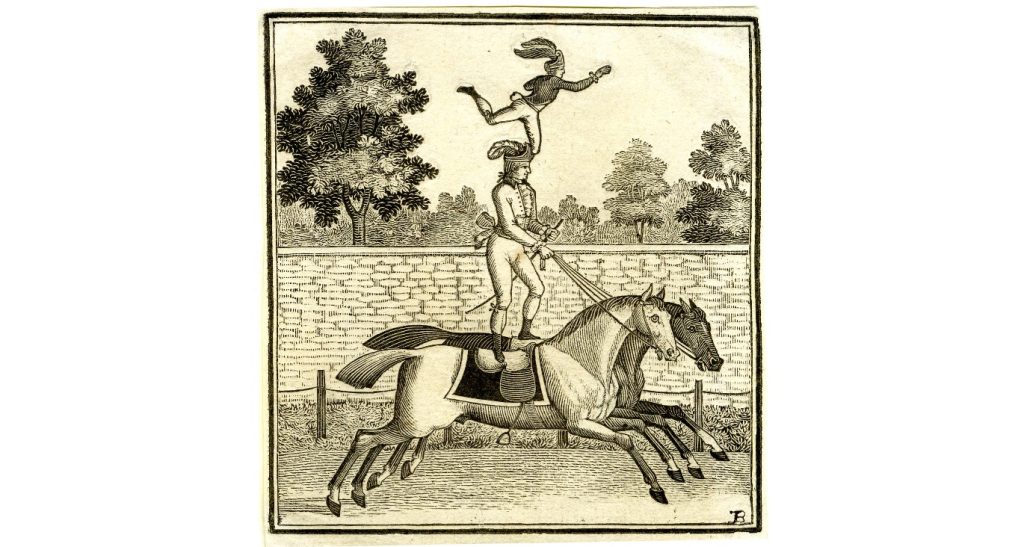
In her 1814 novel, Mansfield Park, Jane Austen’s offers a fictional account of how a conversation on slave-ownership was closed down through ‘dead silence’. Between 2019 and 2021 Dr Richard White hosted a series of non-fictional walks, Botany Empire and Deep Time, traversing Sydney Gardens, where Austen famously once walked. The commission from the Lottery funded Sydney Gardens project generated three walking guides, numerous public walks and a performance at the Bath Tree-weekender in 2021. In this presentation Richard will share some of the suppressed knowledges and unheard stories emerging from his work; he will discuss the reception of the walks in the context of the toppling of the Colston statue in Bristol and Bath’s UNESCO World Heritage status. Two hundred years after the publication of Mansfield Park, the presentation asks the question, how resilient is the ‘dead silence’ and why should we care?
Dr Richard White is an artist/researcher with a professional background in participatory media and education. Richard’s creative work combines a somatic practice with multimedia, exploring embodiment, heritage and social justice this ongoing investigation addresses the physical, sensory, affective and intellectual experience of walking in particular places. Richard is a Senior Lecturer in Media Practice at Bath Spa University, he is currently co-editing a book with Dr Christina Horvath on Breaking the Dead Silence : Engaging With Legacies Of Transatlantic Slavery In Bath And Bristol.
To book this event:
